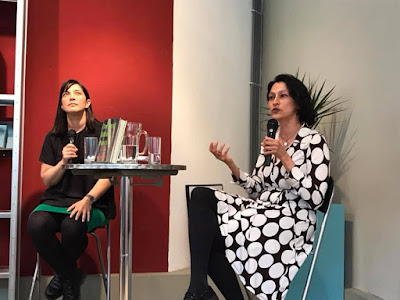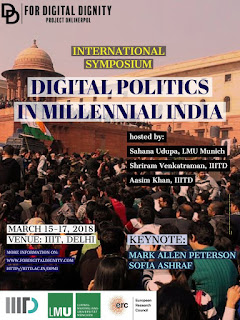Book launch at Athenaeum bookstore in Amsterdam

Seems like these days I am having a lot of "first" moments. My first studio talk with BBC , which will be broadcast in the next few weeks and then my first talk at a book store. Had my book launch at the Athenaeum bookstore in Amsterdam. Was such an interesting experience. Completely casual and intimate. A load of chairs and comfy couches clustered tightly together so you could have a real conversation with people. The audience was eclectic from retired people, tech entrepreneurs, media agencies, students, academics, and just folk interested in the topic. The format was smart - Tina Harris , an anthropologist from University of Amsterdam engaged me in a conversation before we opened it up for questions. Nicely done overall. What better way to officially launch my book than to do it in such a lovely setting in my favorite city that I call home now!


